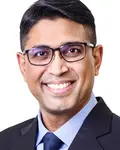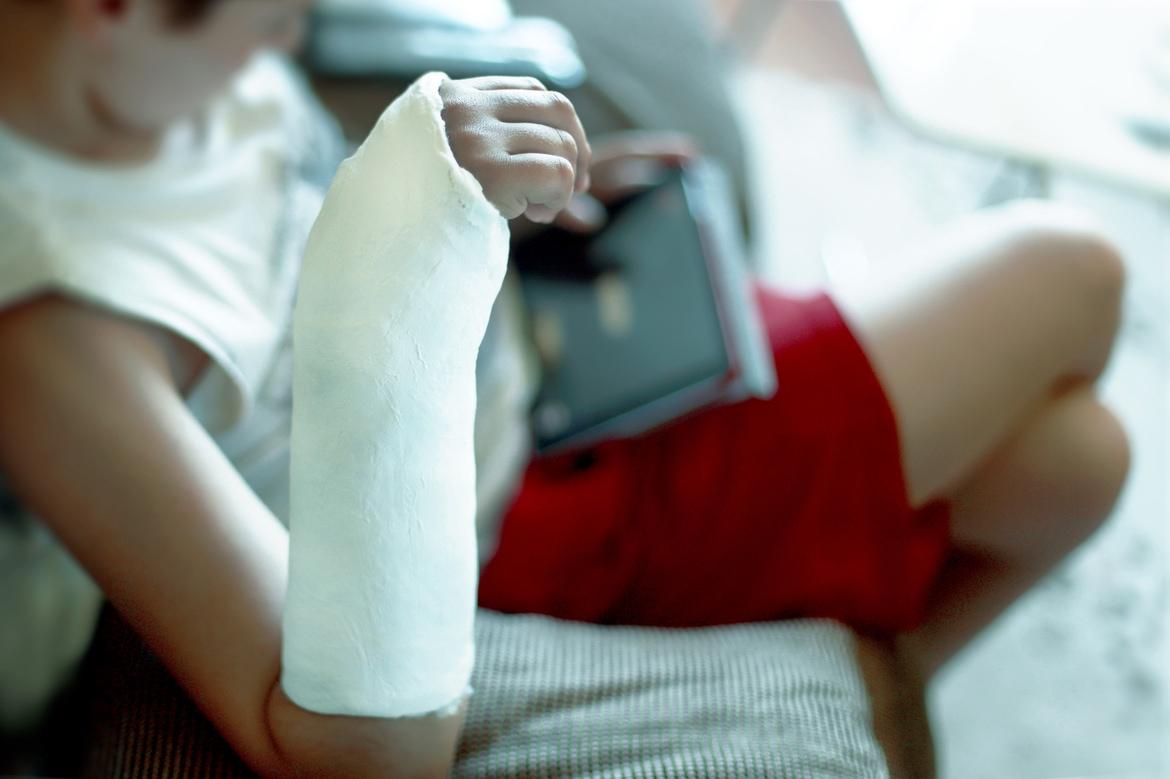-
-
Featured Care Areas

Specialty
Orthopaedic Surgery
Languages
Bahasa Indonesia, English, Mandarin, Tamil
Gender
Male
Insurance Panel
AIA, Great Eastern, HSBC Life, Income, Prudential^, Singlife
Please check with your insurance provider for more information, and for their most up-to-date list of panel doctors.
^Specialists may qualify to be on the Extended Panel (EP). You may enjoy selected panel benefits depending on your policy and riders.
MAKE AN APPOINTMENT
Experience
Dr Kannan is an orthopaedic surgeon at Mount Elizabeth Novena Hospital and Parkway East Hospital, Singapore.
His subspecialty interests are in lower limb (leg), and foot and ankle disorders.
He is experienced in reconstructive foot and ankle surgery, being one of a very small number of subspecialists in this area in Singapore and the region.
Dr Kannan’s clinical expertise is in sports injuries, ligament injuries & tendinopathies, arthroscopic (keyhole) surgery for the management of cartilage defects and impingement, forefoot deformity correction (bunions and lesser toe deformities), the management of foot pain (metatarsalgia), the management of diabetic foot ulcers, Charcot’s joints & wounds, the management of fractures around the foot and ankle, the correction of flat feet and high arched feet, and the management of arthritis including total ankle replacement and osteotomy (the cutting and realigning of bones).
Dr Kannan obtained his postgraduate qualification from the Royal College of Surgeons of Edinburgh, and was awarded a prestigious Ministry of Health scholarship to pursue further training in the field of lower limb reconstructive surgery with special emphasis on foot and ankle reconstruction.
Dr Kannan completed his subspecialty training in Switzerland and in the Netherlands, subspecialising in foot and ankle reconstruction and in minimally invasive surgery where he was involved with the surgical teams treating elite European athletes. Prior to entering private practice, he was the Chief of Foot & Ankle Surgery at Tan Tock Seng Hospital in Singapore.
He is active in research as well, with particular interest in cartilage regeneration and the management of cartilage defects. He has published his research in numerous international peer-reviewed journals. He is also the specialist who performed the first case of artificial scaffold reconstruction in Singapore for a talus osteochondral defect.
Dr Kannan is actively involved in undergraduate medical education in his role as a clinical senior lecturer at the Yong Loo Lin School of Medicine, National University of Singapore. He is also a faculty member of the National Healthcare Group Residency Programme. Dr Kannan is an international faculty member of the AO trauma group where he has taught in China, India, Indonesia, Malaysia, Hong Kong and Singapore. He is also passionate about developing the foot and ankle subspecialty in the region. He has conducted numerous courses and has been invited as chairperson to various foot and ankle courses and symposiums.
Dr Kannan is an active member and faculty of the following societies: American Foot & Ankle Society, European Foot & Ankle Society, British Orthopaedic Foot & Ankle Society, AO Trauma, International Cartilage Research Society, American Academy of Orthopedic Surgeons, Society for the Study of Minimally Invasive Surgery of the Foot & Ankle and the European Society for Sports Traumatology, Knee Surgery & Arthroscopy.
Fellowship and accreditation
Bachelor of Medicine, Bachelor of Surgery, National University of Singapore
Member of the Royal College of Surgeons of Edinburgh, UK
Master of Medicine (Orthopaedics), National University of Singapore
Fellow of the Royal College of Surgeons of Edinburgh (Orthopaedics), UK
Contact Our Call Centre
Note: Thinking of using insurance to cover your consultation fees? Learn more about the different types we may accept here.









